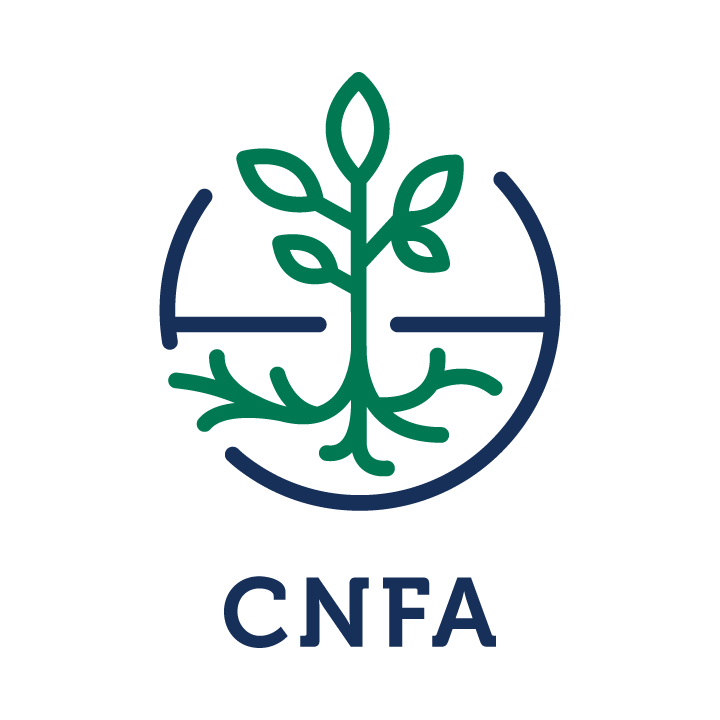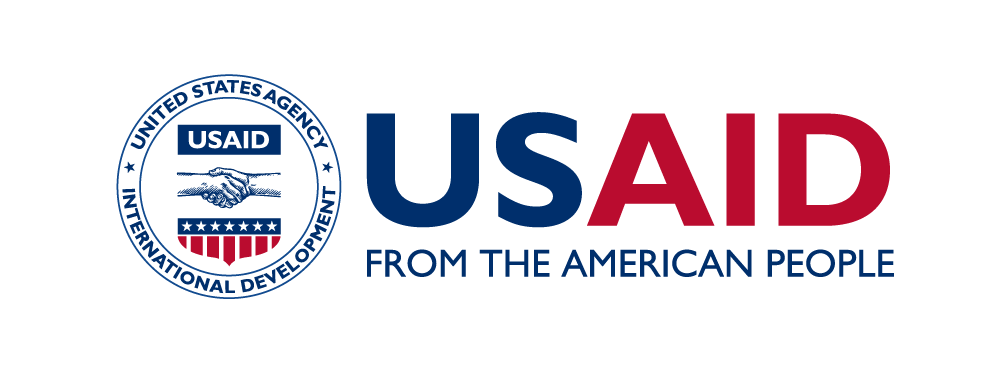Setting the Foundation for Collaborating, Learning, and Adapting Within 5-year USAID Yalwa Activity in Niger
Type of RFE Engagement: Learning Plan Design, Learning System Diagnostic, MEL training, Monitoring Technical Assistance
IPA’s Right-Fit Evidence Unit (RFE) supported the USAID Yalwa activity, a five-year Markets and Nutrition program in Niger, by creating and refining their Monitoring, Evaluation, and Learning (MEL) system. This project aimed to embed USAID’s Collaborating, Learning, and Adapting (CLA) approach, by creating and refining their MEL system to increase the demand, supply, and commercialization of nutrient-rich foods.
The USAID Yalwa activity focuses on improving nutrition and resilience in rural Niger by empowering market actors to enhance the availability and consumption of nutrient-rich foods. To ensure the effectiveness of these efforts, Cultivating New Frontiers in Agriculture (CNFA) partnered with IPA's RFE Unit to build a robust MEL system that fosters continuous learning and adaptation in addition to accountability.
The RFE Unit's role in this project involved co-designing MEL priorities, conducting a MEL diagnostic, providing ongoing MEL technical assistance, and building a learning culture through “Pause and Reflect Workshops” in alignment with the USAID CLA framework. Through the first 18 months of the five-year project, IPA provided the following support:
- Co-Designing the MEL Priorities: The engagement began with a series of workshops to develop a right-fit MEL system. These workshops clarified program activities and interactions among the three program teams through theory of change mapping. The outcomes were submitted to USAID as part of the project's Activity Monitoring, Evaluation, and Learning Plan (AMELP).
- Diagnostic: To tailor the technical support, RFE conducted a diagnostic survey structured around USAID’s CLA framework. This included individual surveys of in-country MEL and program staff and a participatory review to identify priorities. As a result, RFE and CNFA identified ten key training areas to address the needs of MEL and program teams.
- Technical Assistance: Insights from the diagnostic surveys guided the technical support provided by RFE. This included setting up new digital data collection and analysis systems using SurveyCTO and PowerBI and providing ad hoc support through regular meetings with the MEL and program teams. RFE also helped the team review tools, sampling methodologies, and data reflections for program adaptations.
- Data Use: The engagement concluded with the development of a detailed guide for the first Pause and Reflect Workshop, enabling staff to review learnings and plan improvements for the following year. This guide was designed to be replicable for other CNFA projects.
This RFE engagement wrapped up in early 2022 after setting a foundation for the planning, collection, and use of data in the USAID Yalwa activity. Achievements include an increased focus on credible and actionable indicators in the project’s MEL plan, updated tools to cover key risks and questions identified in the MEL plan, development of SurveyCTO data collection tools and PowerBI dashboard, and reflection within and between program teams on data collected for program improvement.
This engagement is made possible by the support of the American people through the United States Agency for International Development (USAID). The contents are the responsibility of Innovations for Poverty Action and do not necessarily reflect the views of USAID or the United States Government.
Implementing Partner

Funding Partner













